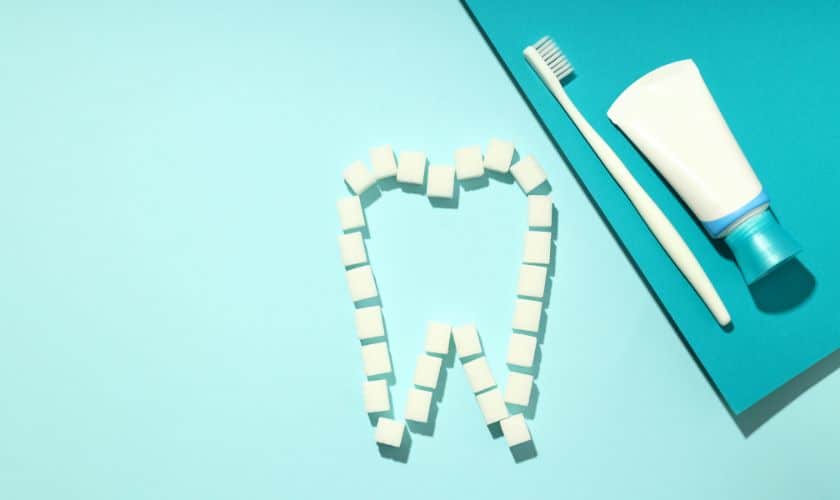No one enjoys dealing with dental trauma. However, it’s important to take prompt action if your tooth has been damaged in order to avoid permanent damage or the need for an extraction. Depending on the extent of the damage, you may have options when it comes to restoring your tooth.
Identifying Tooth Damage
One of the first steps in assessing whether a damaged tooth can be saved is identifying the type and extent of the damage. Common types of dental damage include chips, fractures, cracks, cavities and looseness or displacement of a tooth. Visible signs may include swelling, pain and discoloration. If you have a severe toothache, it’s important to visit your dentist as soon as possible.
Treatments for Damaged Teeth
In some cases, minor chips can be fixed with nothing more than a simple dental filling. For larger fractures or cracks, your dentist may recommend a dental crown to cover the damaged area. If your tooth has become loose due to trauma, your dentist may use a splinting technique to stabilize and protect the tooth while it heals.
If you have extensive tooth decay, you may need a root canal treatment. During this procedure, the damaged pulp is removed and the remaining healthy dental tissue is sealed. The tooth may then be covered with a crown to protect it from further damage.
In the event that your tooth can’t be saved, you will need to have an extraction. Depending on the complexity of the procedure, you may require referral to an oral surgeon for a surgical extraction.
Conclusion
If you’ve experienced dental trauma and are concerned that your tooth may be too damaged to save, it’s important to visit your dentist as soon as possible. Early intervention can help prevent the need for a more invasive treatment or extraction. With the right care, you may be able to retain your natural tooth for many years to come.
FAQs
What should I do if my tooth is damaged?
If your tooth has been damaged, it’s important to seek prompt medical attention from your dentist. Depending on the extent of the damage, you may have options for restoring your natural tooth.
What are the signs of extensive tooth damage?
Signs of extensive tooth damage may include pain, swelling, discoloration, chips, fractures and cracks. If you have a severe toothache or any other signs of dental trauma, it’s important to seek professional care as soon as possible.
Is it possible to save a damaged tooth?
Depending on the type and extent of the damage, your dentist may be able to help you restore your natural tooth. Treatment options may include dental fillings, crowns or root canal therapy.
